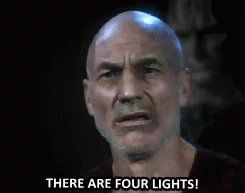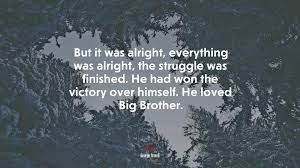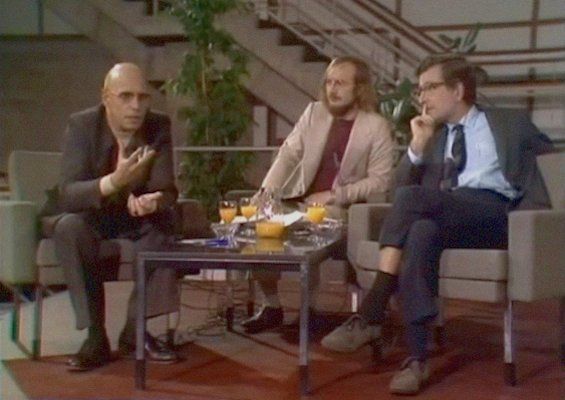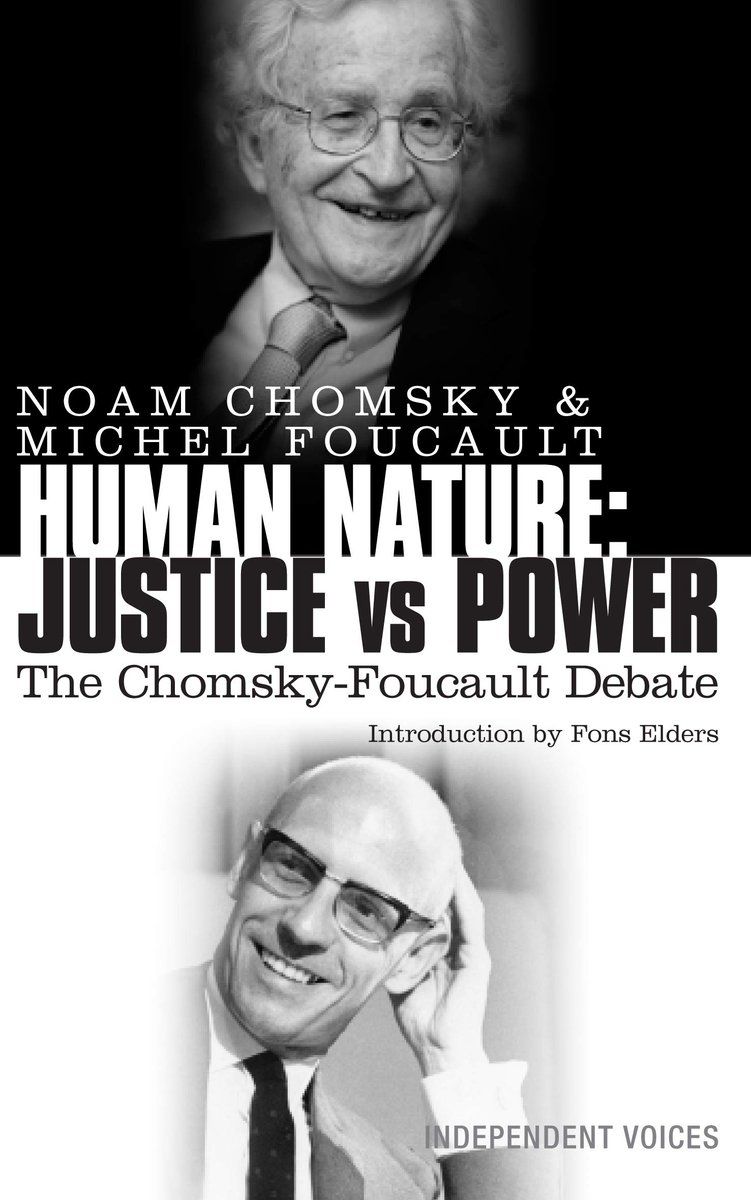-
@languoid This account seems to omit the central antagonists to Chomsky's "craving freedom is human nature" perspective.
-
@languoid At the time, innate libertarianism (Chomsky was always clear his was of the socialist/anarchist variety) was counterposed to behaviorism and infinite human malleability as a state project.
-
@languoid The question debated in Chomsky's early moral writings is: can humans be molded to accept any system of power or do they naturally resist?
-
@languoid In this context, a biological / innate anchor to freedom puts a limit on the aspirations of the state and science to redefine human behavior, whether that's Skinner in the liberal West, fascism, or the Communist bloc's "new man."
-
@languoid These ambitions to remake humanity loomed larger at the height of modernism than they do now, and are central to critical dystopia novels from We to 1984 to Brave New World.
-
@languoid A defiantly human nature with an ethics of freedom and a commitment to truth represents the hope in these depictions.
-
@languoid The ultimate fear: losing this self. As in Orwell's conclusion to 1984: “He had won the victory over himself. He loved Big Brother.”
-
@languoid Now all of this starts to get a bit more confusing when a new generation of (broadly postmodern) social theorists begin to identify power with knowledge.



